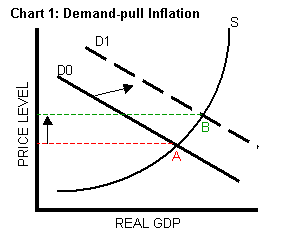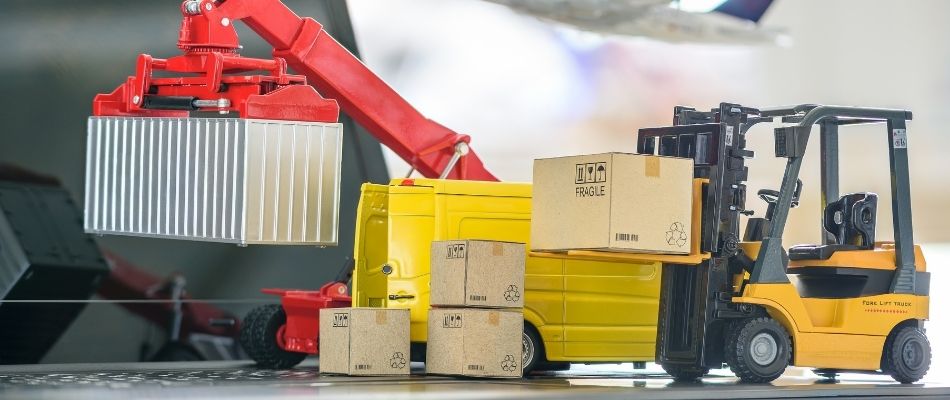- Keeping Lunch Boxes Healthy - September 14, 2023
- Chat GPT: The Future of Business Communication is Here! - February 16, 2023
- What are Cognitive Enhancers or Nootropic Supplements and How do They Work? - November 10, 2022
Covid-19 has resulted in an unprecedented number of deaths globally. Uncertainty regarding the virus and measures implemented by governments to contain the spread of the virus has resulted in shortages of raw materials, products and labour, giving a major challenge to logistics and supply chain management.
What is inflation and how is it related to supply and demand?
According to Investopedia, inflation is a measure of the rate of rising prices of goods and services in an economy.
Inflation can occur due to various reasons, for example due to an increase in the cost of production or due to an increase in the demand for products and services.
Due to the government shut downs in response to the Covid-19 pandemic, the global economic and labour output is lower than demand. The price of goods and services is also closely related to supply and demand. Because more buyers are chasing the same items, the price of these items increases (inflation rate) as buyers are willing to pay more to secure access to these resources, products and/or services.


Supply chain shortages have been one of the major topics in the media this year. Companies across all industries have been affected by bottlenecks, shortages and rising demand and the availability of inputs and materials remains a challenge for companies.
Not even Apple, one of the world largest computer hardware, software and consumer electronics companies known for its excellent supply chain network and capability to deploy equipment in suppliers’ facilities to assist with the boost of output was spared these supply chain bottlenecks and shortages.
Supply chain management challenges for businesses:
- Electronic chip shortages
This is a major challenge because chips are used in various industries as well as in the global automotive industry. Due to the closure of vehicle assembly plants as a result of Covid-19, chips were allocated to other industries. The automotive industry is currently particularly hard-hit by the ongoing shortage of semiconductor chips. The global chip shortage has forced manufacturers like Ford, Honda, General Motors and Volkswagen to limit their production.
According to consulting firm AlixPartners, car sales of some manufacturers are year-on-year down 33 %, and the shortages this year can cost the industry $110 billion in revenue.
- Shortage of raw materials
- Backlog due to labour shortages
- Backlogs due to delivery delays
- Congestion at ports
More than 20 million shipping containers carry almost half of the world’s trade. During the lock down, consumers were not able to spend money on services and purchased goods and electronic equipment which contributes to the congestion at ports.
- Closure of ports due to Covid-19
- Rising input cost
- Increase in consumer demand
- The container ship that blocked the Suez Canal for days
- Extreme weather events, for example Hurricane Ida
How does supply affect inflation?
Due to the above disruptions in the supply chains, the cost of raw materials and other major input prices across the manufacturing sectors have risen to record levels, which is one of the main contributors of higher costs for businesses.
Some of these costs may be absorbed by business, but many of the costs are expected to be passed on to customers, which may result in inflation and ultimately negatively impact society. One of the reasons why inflation negatively impacts society is because it reduces the value of money over time (R100 today is less valuable than R100 in 2 years from now), and ultimately reduces consumer purchasing power and wealth.
The government stimulus programmes injected to assist the global economy have added a lot of money and buying power. Jerome Powell, the Chair of the Federal Reserve of the US, has indicated that the stimulus support provided by the US government will continue until next year and it is therefore expected that consumer spending will continue, which could add to high inflation.
Unfortunately, the shortages of materials and inputs is not going to be resolved anytime soon, and with it, the increasing concerns about the rising inflation. According to Margaret Thatcher, the lesson is clear: Inflation devalues us all.


